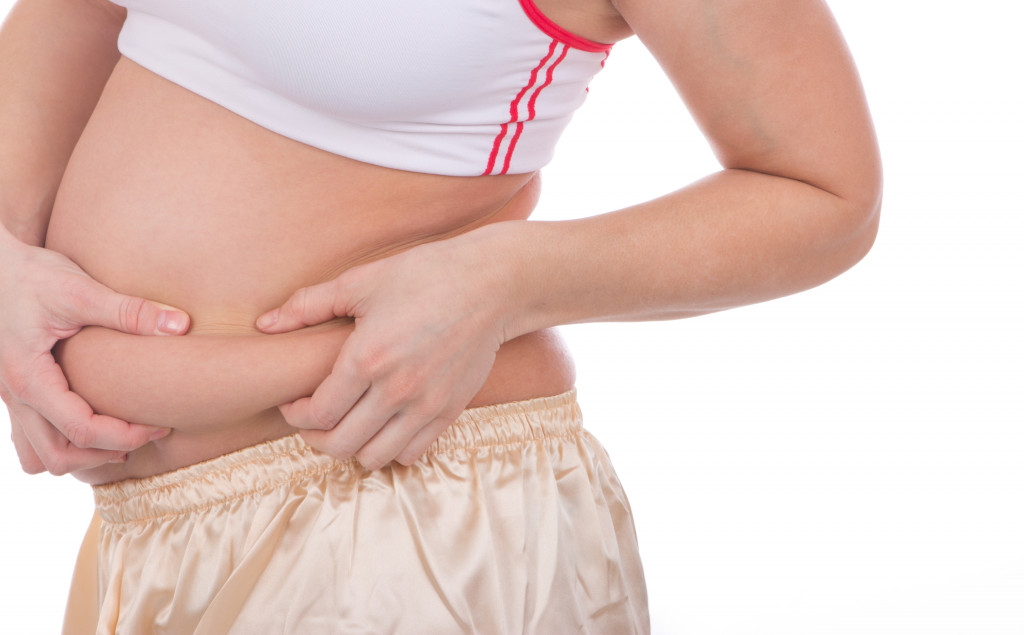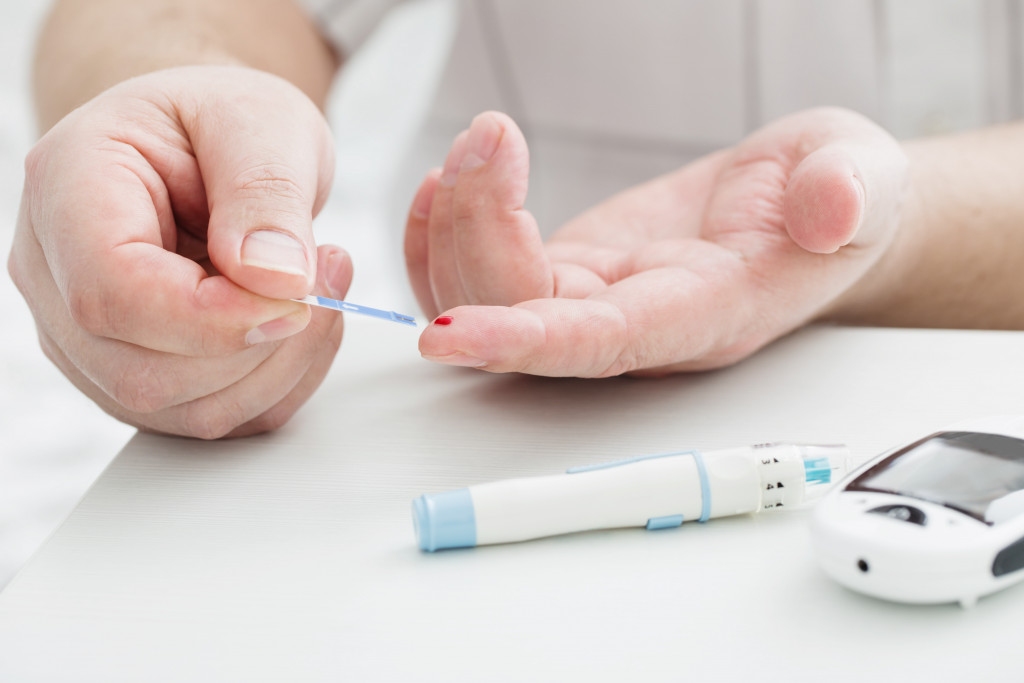Mothers-to-be will experience many different changes in their bodies during pregnancy. You’ll find that your hormones are going to change, making you more sensitive and emotional than before. You might also notice a variety of physical changes such as hair growth and skin coloration, as well as rapid weight gain. In this article, we’ll discuss the different changes you can expect to experience during your nine-month journey.

1. Weight gain
One of the most visible changes you will experience is an increase in weight. Many women find that they gain around 25-35 pounds during their pregnancy. This is mainly due to the increased amount of blood and fluid your body produces, as well as the growth of the fetus. While it’s important to try and maintain a healthy diet and exercise routine during your pregnancy, don’t be too hard on yourself if you do put on a few extra pounds. Just remember that you will want to shed them after delivery!
2. Skin coloration
Your skin might also take on a darker hue during pregnancy. This is due to an increase in the production of melanin, the pigment that gives skin its color. This change is usually most noticeable on the face, neck, and hands. Don’t worry — the color will usually fade shortly after giving birth.
3. Hair growth
You may also find that you are growing more hair during your pregnancy. This is due to the hormonal changes taking place in your body. Some women find that they have more hair on their heads while others notice more facial hair. Don’t worry — the hair will usually be shed after giving birth.
4. Nausea and vomiting
Many women experience nausea and vomiting during their first trimester of pregnancy. This is often referred to as “morning sickness”. While the cause is unknown, it is thought to be related to the increase in hormones during early pregnancy. Luckily, this symptom usually goes away by the end of the first trimester. Just be sure to drink plenty of fluids and eat small, frequent meals.
5. Dental problems
Pregnant women are also at an increased risk for dental problems. This is due to the hormonal changes that take place in the body, as well as the increase in acid production. You can help reduce your risk of dental problems by brushing your teeth twice a day and flossing regularly. See your dentist for a check-up at least once during your pregnancy.
6. Heartburn
Many pregnant women also experience heartburn. This is due to the fact that the baby is pushing up against the stomach, causing acid to flow back up into the esophagus. You can help reduce your risk of heartburn by avoiding spicy foods, drinking plenty of water, and eating smaller meals throughout the day.
7. Constipation
Pregnant women are also at an increased risk for constipation. The growing baby in the uterus is pushing down on the intestines, slowing down digestion. You can help reduce your risk of constipation by eating plenty of fruits, vegetables, and whole grains. Be sure to drink plenty of water as well.
8. Back pain
Many pregnant women experience back pain during their pregnancy. Because of the increase in weight and changes in posture, a lot of the pressure falls on your spine. You can help reduce your risk of back pain by practicing good posture, stretching regularly, and avoiding heavy lifting.
9. Breast changes
Your breasts will also undergo a number of changes during pregnancy. They will become larger and more tender, and you may begin to produce colostrum — the precursor to breast milk. You can help keep your breasts healthy by practicing good hygiene, wearing a supportive bra, and avoiding excessive caffeine intake. Try to avoid underwire bras, as they can be uncomfortable and cause tension headaches.
10. Heart rate increase
Your heart rate will also increase during pregnancy, as your body works harder to pump blood throughout your system. This is normal and should not cause any concern but talk to your health care provider if you have any other symptoms that seem unusual.
11. Fatigue
Pregnancy can be a very tiring time, as your body is working hard to support the growing baby. Try to get plenty of rest and avoid over-exerting yourself. If you are feeling particularly tired, talk to your health care provider about taking a prenatal vitamin supplement.
12. Emotional changes
Lastly, many women also experience emotional changes during pregnancy. This is due to the hormonal changes that are taking place in the body. You may feel more emotional and weepy than usual, or you may experience mood swings. This is completely normal and should pass after the first trimester. Just try to take some time for yourself and relax when you can.
These are just a few of the many changes that you can expect to experience during pregnancy. Be sure to talk to your health care provider if you have any concerns or questions. Remember, each pregnancy is unique and you may experience different symptoms than the women mentioned here. Stay positive and embrace the changes — they are all a part of preparing you for the arrival of your new baby!



